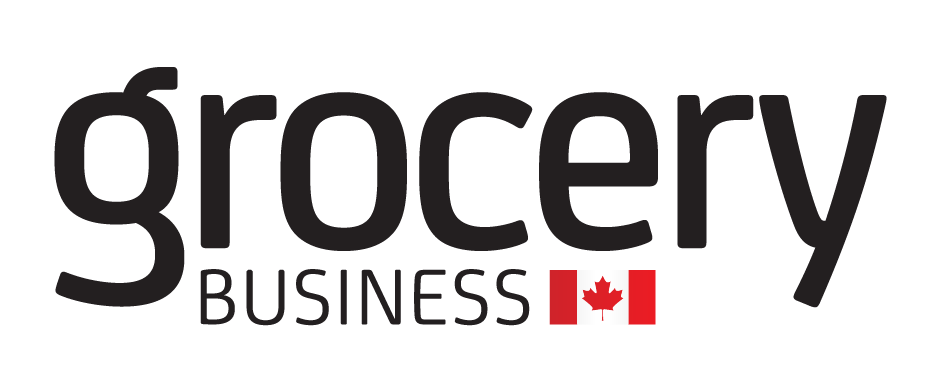
Despite the public perception – further perpetuated by misinformed social media rhetoric – that the grocery industry is not competitive, Michael Medline, president and CEO of Empire Company Limited, says it is one of the most competitive grocery markets in the world and what the industry needs is not more competition but a means to stabilize prices and create a level and transparent playing field.
That’s one of the messages he relayed to a packed audience at a Retail Council of Canada “In Conversation” retail leaders event on April 2.
“This is one of the most competitive grocery retailer markets on earth. At the height of inflation Canadians were shopping at seven different food stores for their needs every month. Does that not sound like a competitive market?”

And while he says if more competitors enter the market, he would welcome them, the hurdles of entering the Canadian market likely means discounters like Lidl or Aldi may think twice. “It’s a big geography and highly regulated. If hard discounters come, they shall come but like Target they will find how hard it is to compete here.”
Asked how government could support stabilizing food prices in the country, Medline cited a few examples, such as implementing policies to encourage food manufacturers to stay and grow in the country, work on getting a stronger Canadian dollar, and support food rescue programs for those in need.
“I’ve just listed a few things here, but if we work together instead of throwing darts at each other, we can help Canadians, get the cost of food down and have an even better, safer and more secure food supply chain.”
Addressing the price fixing scandal
Asked about the Competition Bureau’s role in supporting industry and how it has handled the bread price fixing scandal, Medline says “I’ve been dealing the Competition Bureau for 25 years but with their new powers and seeming openness to receive direction from politicians, I’m concerned. The Bureau is an important law enforcement agency, and it is dangerous to try to politicize it and weaponize it…if you look online the first words describing the Bureau says it is an independent law enforcement agency. I’m hopeful but now sure about how independent they are. The Bureau has been investigating this file for going on nine years and it was made public over six years ago and as a result we face not only the threat of criminal prosecution but also multiple class action and ongoing damage to our brand. And let me be clear ,we did not engage in price fixing and we asked the Bureau many, many times to bring their inquiry to a close and clear our name at Empire. Instead, their investigation drags on and the cloud over our head remains.”
He adds that recently Weston and Loblaw filed court documents stating that there wasn’t a 14-year industry-wide conspiracy after all and that Weston and Canada Bread admit to illegal pricing activities only two times, once in 2009 and once in 2011. “And Loblaw now says there is no evidence that shows any grocery retailer participated in any criminal activity. So, we continue to ask the Bureau to bring your inquiry to a close so the cloud hanging over our head can clear. Enough is enough.”
Pushing for a Grocery Code of Conduct
Medline stands firmly behind a Grocery Code of Conduct.
“There are ethical ways of doing business that I have long believed in…we’re going to fight over fees, we still want negotiations, and you may be mad at us but there is a way to do it ethically. You negotiate, you give notice; you don’t backdate and you don’t come up with absolutely ridiculous fees. It’s taken way too long [for the Code] and we have to bring it to a close. We have a completely workable Draft code we can table and it’s a fair code and it will change the industry somewhat and make it a better industry for all of us, but especially for Canadians.”
He says if a Code can’t be implemented it would lead to different rules for different provinces and would result in higher costs and too much red tape.
“I’ve always said that if it had to be regulated, if it was first negotiated and they had to make it regulated on that negotiated Code, I would support that.”
But he warns that the regulated route would take a long time and “many of us in this room won’t see a Code in our professional careers.”
See Grocery Business Was There photo gallery and check out who attended the event.

